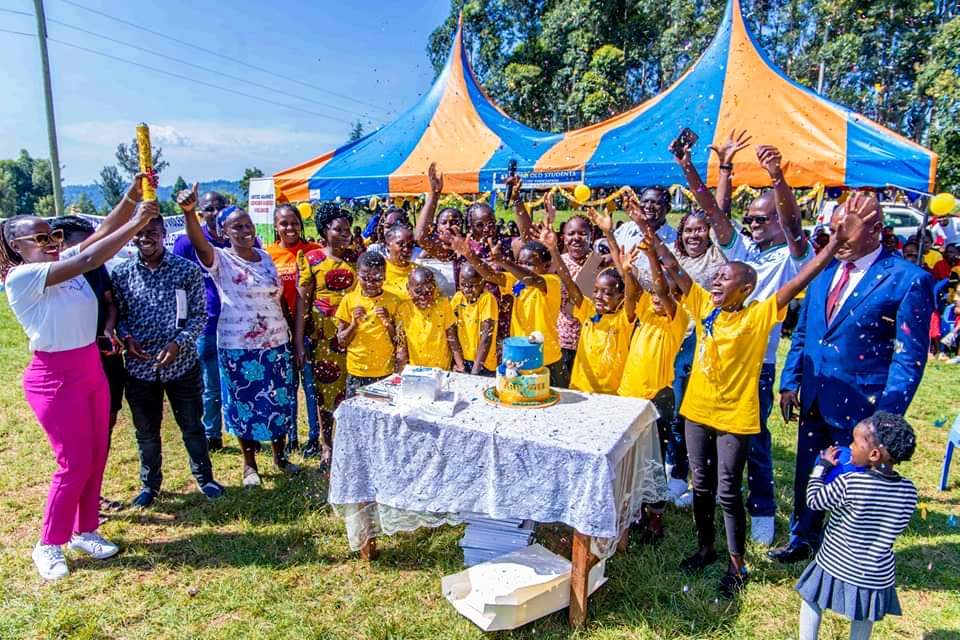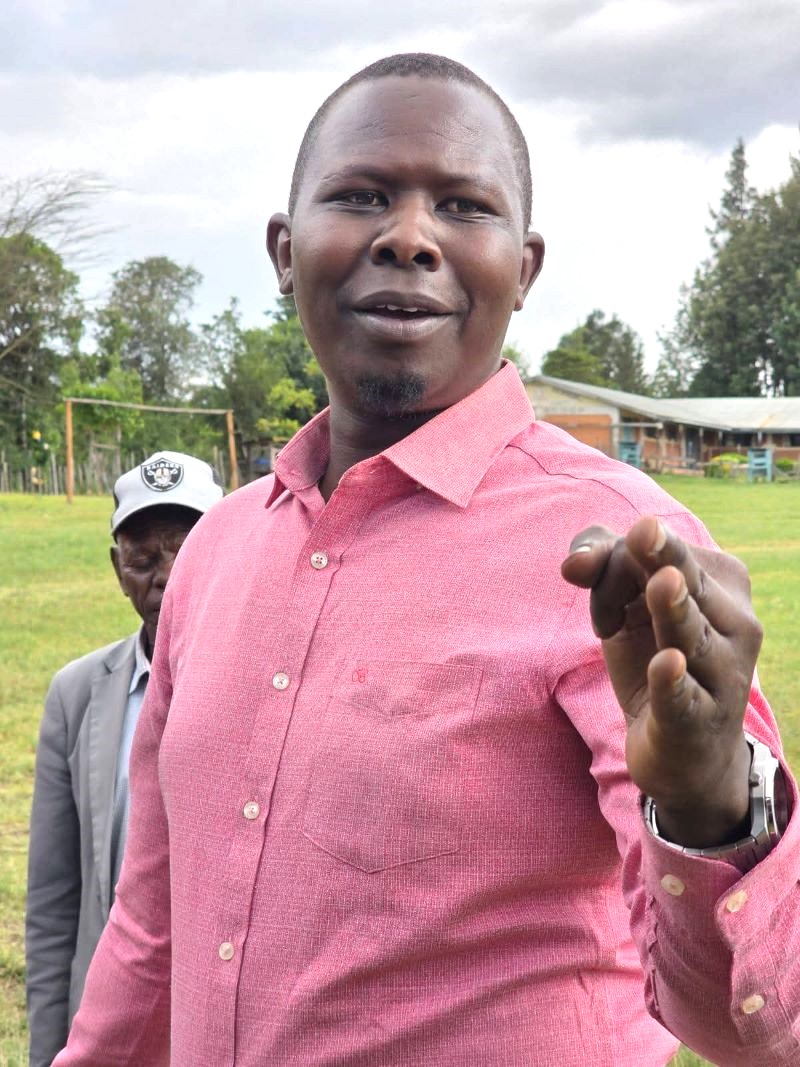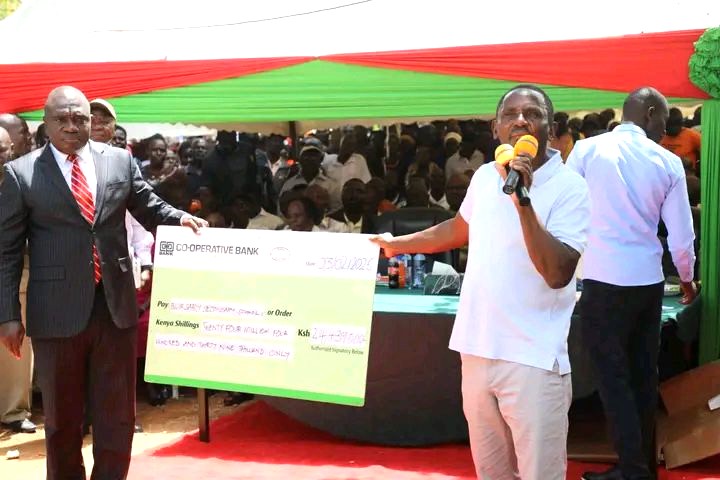93 girls who rejected Female Genital Mutilation (FGM) have graduated after participating in an intensive Alternative Rite of Passage (ARP) training programme, organized by CECOME, a group committed to combating the vice in Kisii County
Speaking during the graduation ceremony, held at Ragogo, Kitutu Chache South, the programme coordinator Bella Masanya explained that ARP mirrors traditional rites of passage but provides a safer and more empowering alternative to the life-threatening FGM.
“The initiative involved training both girls and their parents since August, culminating in a joint declaration against FGM during the graduation ceremony,” she stated.
Despite progress, Masanya highlighted challenges in implementing the ban at the grassroots level and called on stakeholders, the government, and well-wishers to provide support to further reduce FGM incidents in the county.
She challenged the community to reject the vice, emphasizing its retrogressive and illegal nature.
Kisii County Governor’s First Lady, May Arati, stressed the importance of ending Sexual and Gender-Based Violence (SGBV) and other forms of abuse within families.
Additionally, she called on well-wishers to support and train women, empowering them to stand against all forms of abuse.
Monyerero ward Representative Peter Otachi, urged residents to report FGM cases to authorities, emphasizing the need for legal action against those involved.
Ruth Moraa, a parent of one of the graduates, emphasized the substantial benefits of the training and urged other parents to refrain from subjecting their children to the harmful practice.
The 2022 Kenya Demographic Health Survey (KDHS) highlights a significant reduction in FGM prevalence, dropping from 38 percent in 1998 to just 15 percent in 2022.
A survey conducted by the Kenya National Bureau of Statistics (KNBS) revealed that 3 out of 20 women aged 15–49 in Kenya have undergone FGM. Alarmingly, 9 out of 20 cases involve women aged 10 to 14, while 3 out of 10 are between 5 to 9 years old.
According to UNICEF, FGM affects at least 200 million girls and women in 31 countries across sub-Saharan Africa, the Arab states, and selected counties in Asia.
WHO defines FGM as a traditional harmful practice involving the partial or total removal of external female genitalia or other injury to female genital organs for non-medical reasons.
By Elizabeth Angira
Get more stories from our website: Education News
To write to us or offer feedback, you can reach us at: editor@educationnews.co.ke
You can also follow our social media pages on Twitter: Education News KE and Facebook: Education News Newspaper for timely updates.
>>> Click here to stay up-to-date with trending regional stories






